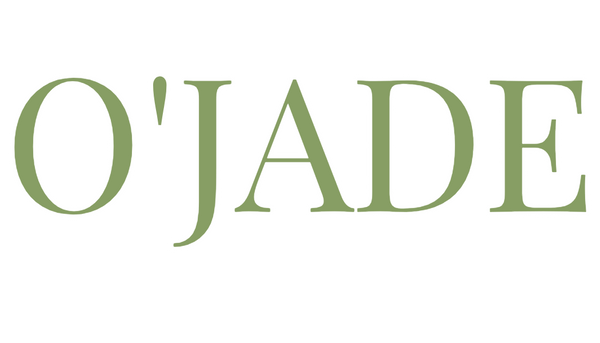
Respecting the Wairua and Mauri of the Land While Collecting Pounamu
Share
Respecting the Wairua and Mauri of the Land While Collecting Pounamu
In te ao Māori, pounamu is more than just a beautiful stone. It is taonga, a treasure woven with the spiritual essence of the land it comes from. To collect pounamu is not a simple act of gathering a rock. It is a deeply spiritual exchange that must be approached with humility, respect, and an understanding of wairua (spirit), mauri (life force), and the unseen forces that dwell in the ngahere and awa.
Wairua and Mauri: The Spiritual Energies of the Land
Everything in te taiao, the natural world, holds its own wairua and mauri. The river where pounamu rests is alive. The forest that shields it, the winds that whisper above it, all are connected. When we walk into these spaces, we’re not alone. We’re stepping into a living network of whakapapa, history, and unseen guardians.
To disturb the land without mindfulness is to risk upsetting this balance. The mauri of the land may be weakened, or the wairua unsettled, particularly if a stone is taken without spiritual permission.
Before collecting, many Māori will offer a karakia to acknowledge the atua, the ancestors, and the guardians of that place. I offer a karakia in my own way, while respecting tikanga and the local iwi’s practices. It doesn’t need to be perfect, and it doesn’t even need to be said aloud — you can speak it in your mind. What matters most is your intent. It’s your way of saying: I see you, I honour you, and I ask to be here with humility.
I’ve had moments where the mauri of a place felt incredibly strong. The bush would go silent, birds flew in close, or I suddenly felt watched or overwhelmed. In those times, I’ve chosen not to collect anything. Looking back, I know that was the right call.
The Presence of Patupaiarehe
In some places, especially remote or mist-covered areas, stories speak of the patupaiarehe, spiritual beings sometimes described as “fairy people.” In Māori tradition, they are associated with mist, high hills, and dense forests. They are reclusive and protective, particularly of certain places and taonga.
Many people, myself included, have felt their presence. A sudden chill, birds falling silent, or an intense feeling that you’re not alone. Some have heard singing in the mist. Others feel a deep unease or receive a quiet knowing that a stone should not be taken.
If this happens, I believe it's important to listen. A found stone might feel spiritually “off” — not in a physical way, but in a wairua sense. Sometimes the right decision is to leave it where it lies. That too is an act of deep respect.
Practicing Tikanga When You Gather Pounamu
If you are drawn to collect pounamu from nature, there are a few values and practices I try to follow:
Karakia Before Entering
Offer a karakia, either traditional or in your own words. It can be silent or spoken aloud. Don’t worry about getting it perfect. What matters most is that your intent is respectful and that you acknowledge the spirit of the land.
Go with Humility
You are not taking. You are receiving. Go with gratitude. Don’t treat the land like a resource bank, but like a relative offering you something of value.
Pay Attention to Signs
If birds act strangely, if you feel watched, or if mist rolls in suddenly, stop. These could be spiritual signs or warnings. Trust your instincts. Not every stone is meant for you.
Give Something in Return
Some leave a koha, a gift, gesture, or even a quiet thank you. It could be a waiata, a strand of hair, a few moments of stillness. Just something that honours the gift you’ve received.
Only Take What You Will Use
Avoid collecting more than you need. If you’re not ready to carve or care for the stone, leave it. Pounamu carries intention. Be sure yours is clear and respectful.
Honouring the Sacred Exchange
Collecting pounamu is a relationship, not a transaction. It is a moment of connection between you, the stone, the river, the ancestors, and the guardians of the land. When done with reverence, that relationship carries through into the taonga you create, giving it a deeper mana and mauri that others will feel when they wear it.
By respecting the wairua and mauri of the land, and by acknowledging the patupaiarehe and the unseen world, we protect not just ourselves, but the sacredness of pounamu for future generations.
If you’ve enjoyed this kōrero and would like to support my carving and writing, you can do so here: buymeacoffee.com/ojade 💚
